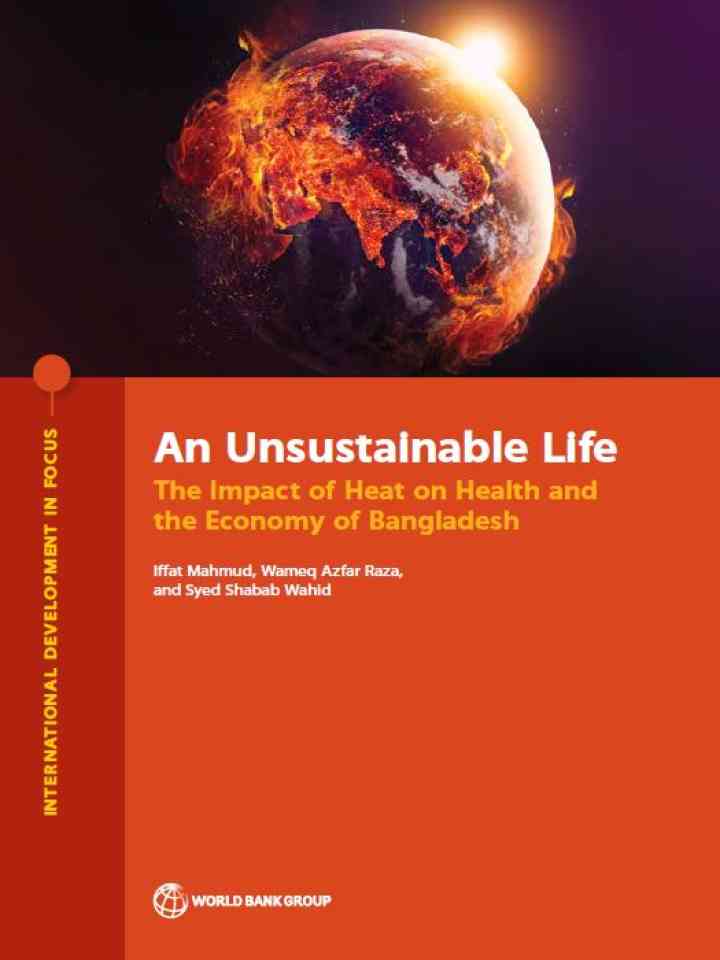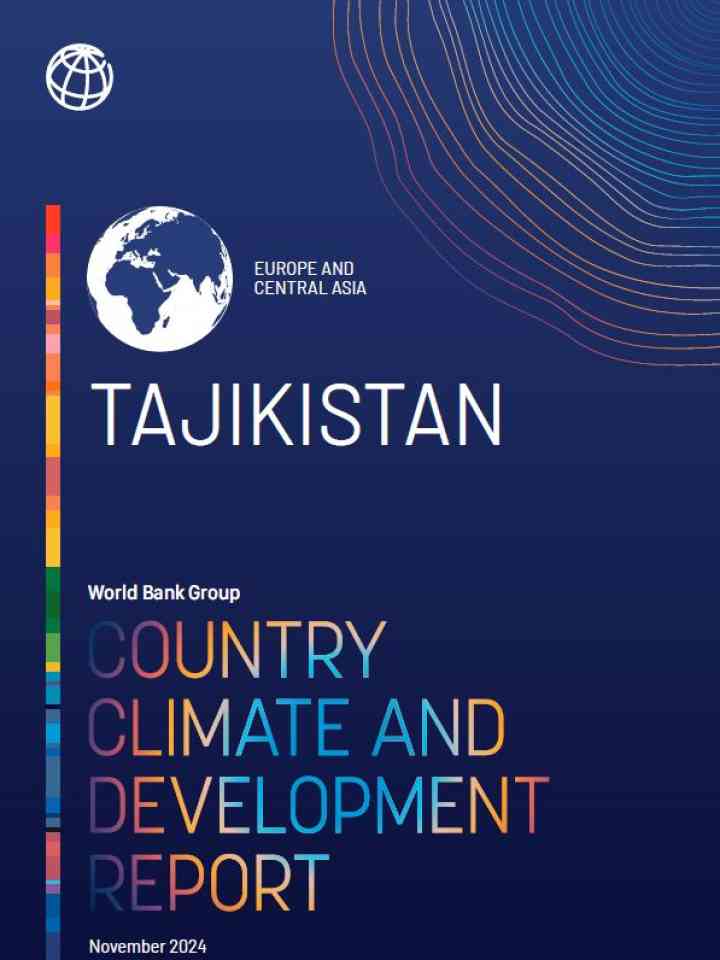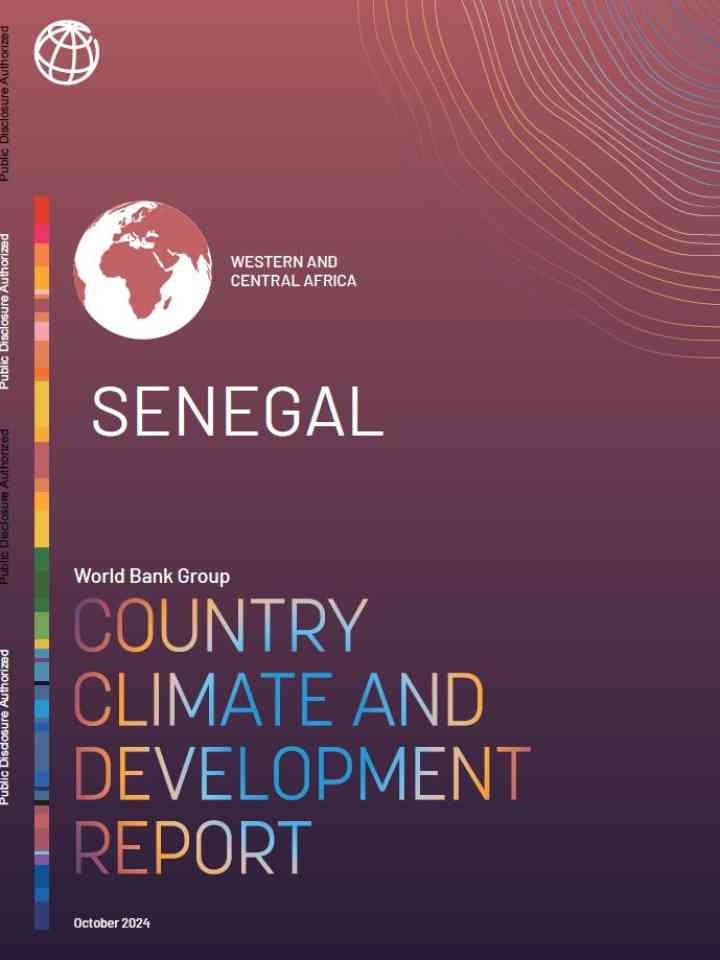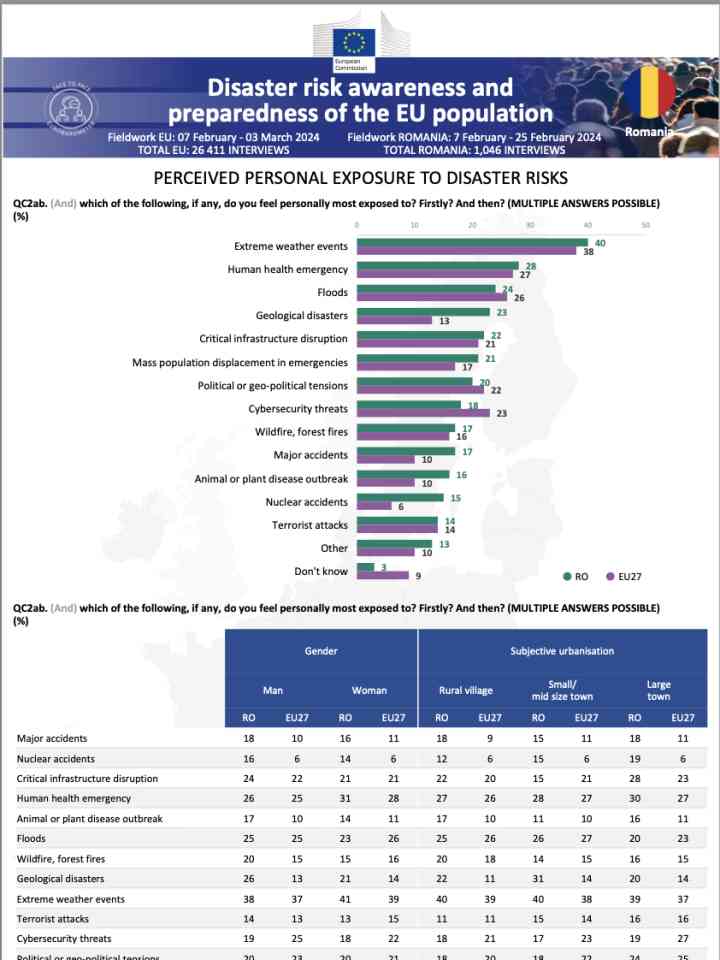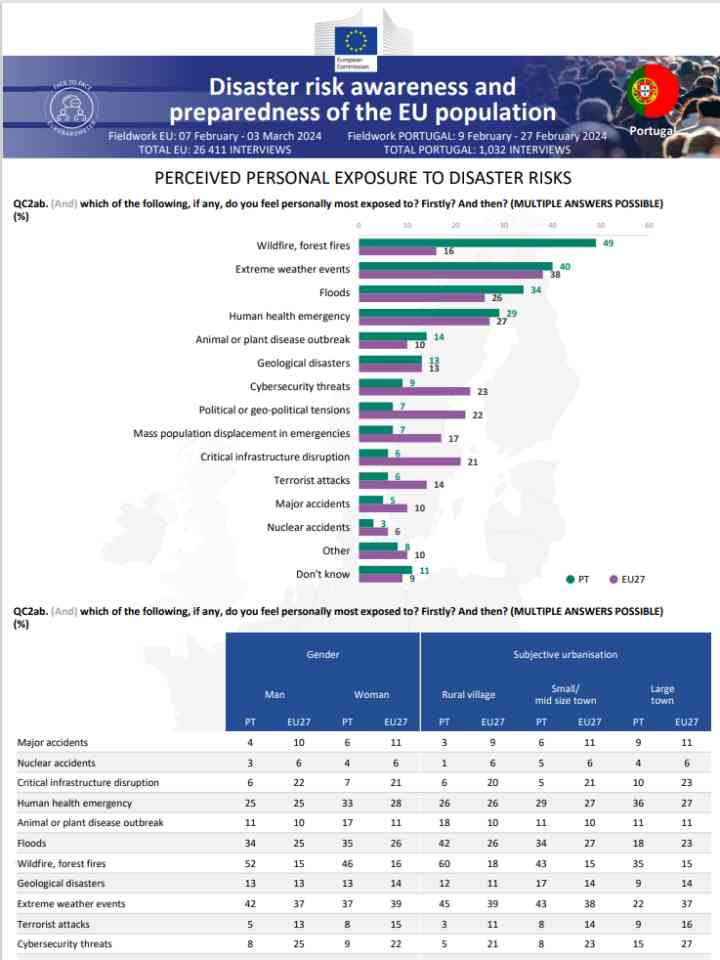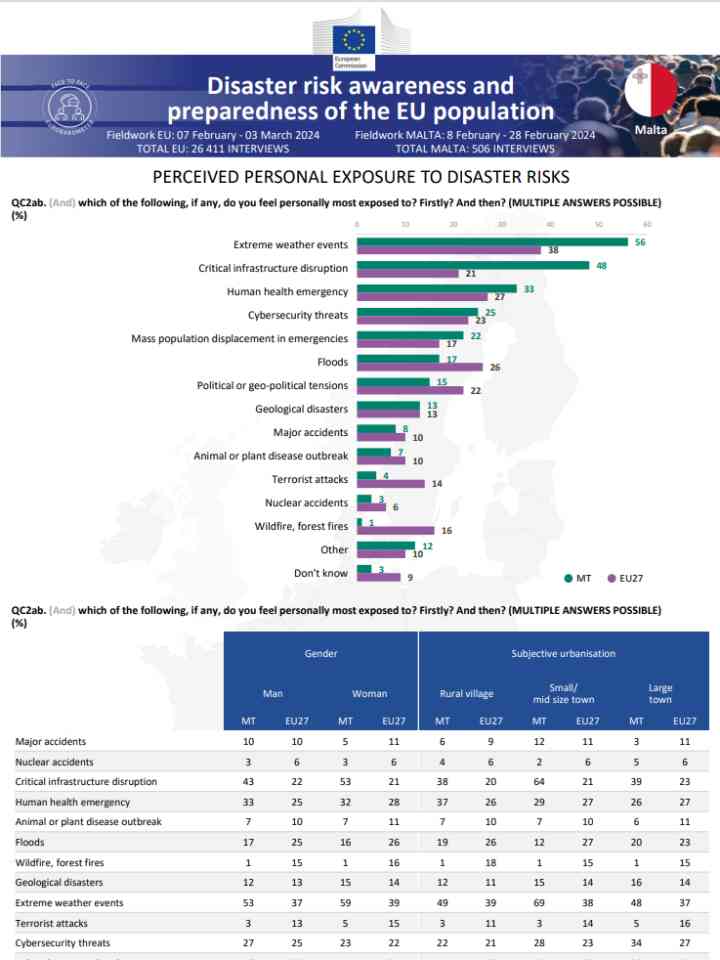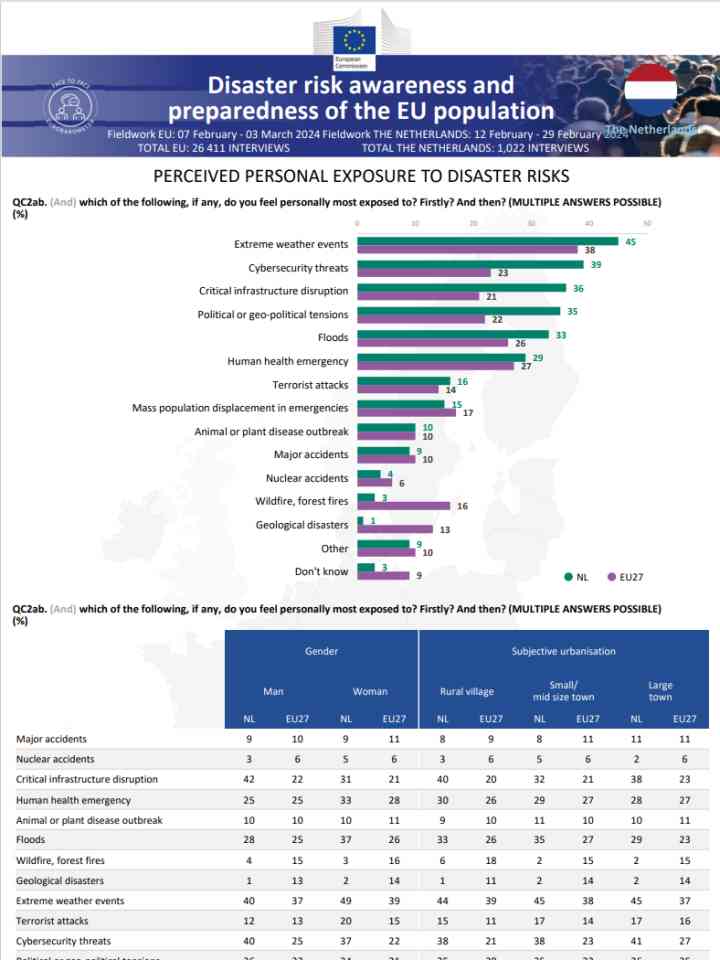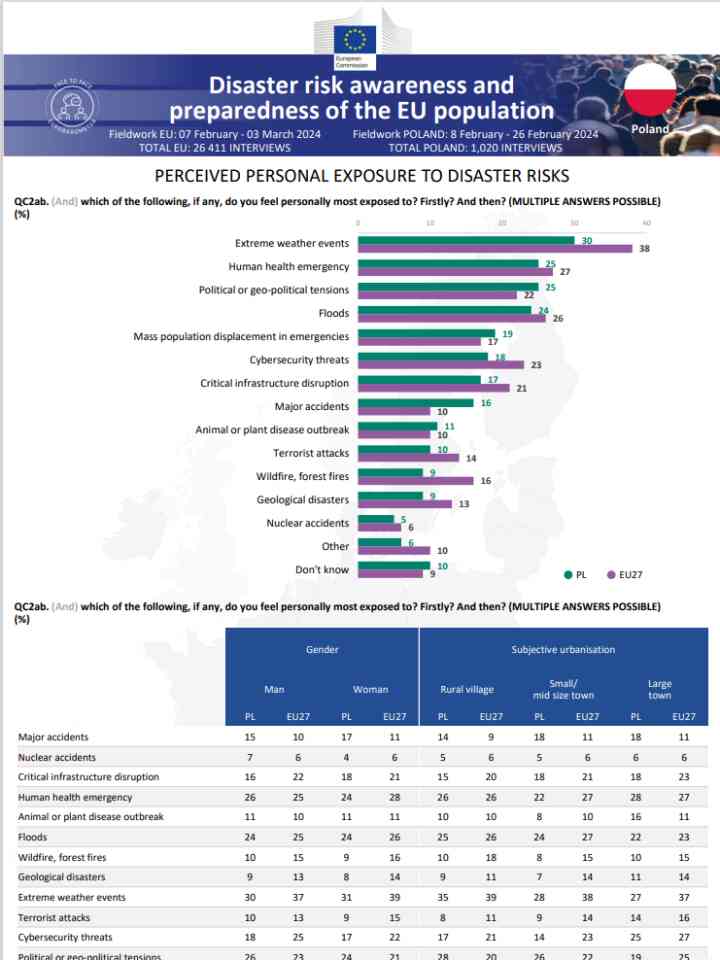Country risk and governance profiles
Uncover the trends of disaster risk and learn more about country-level capacities to prevent disasters.
Understanding disaster risk is crucial for effectively preventing disasters. This page provides comprehensive and up-to-date risk profiles for countries around the world. The profiles offer in-depth information on risk for each country; they help identify and prioritize risk, guiding risk management.
Access detailed reports on each country's vulnerability, exposure, and resilience to various disasters, explore informative maps that visualize disaster risks, and understand key indicators and metrics used to assess disaster risk.
